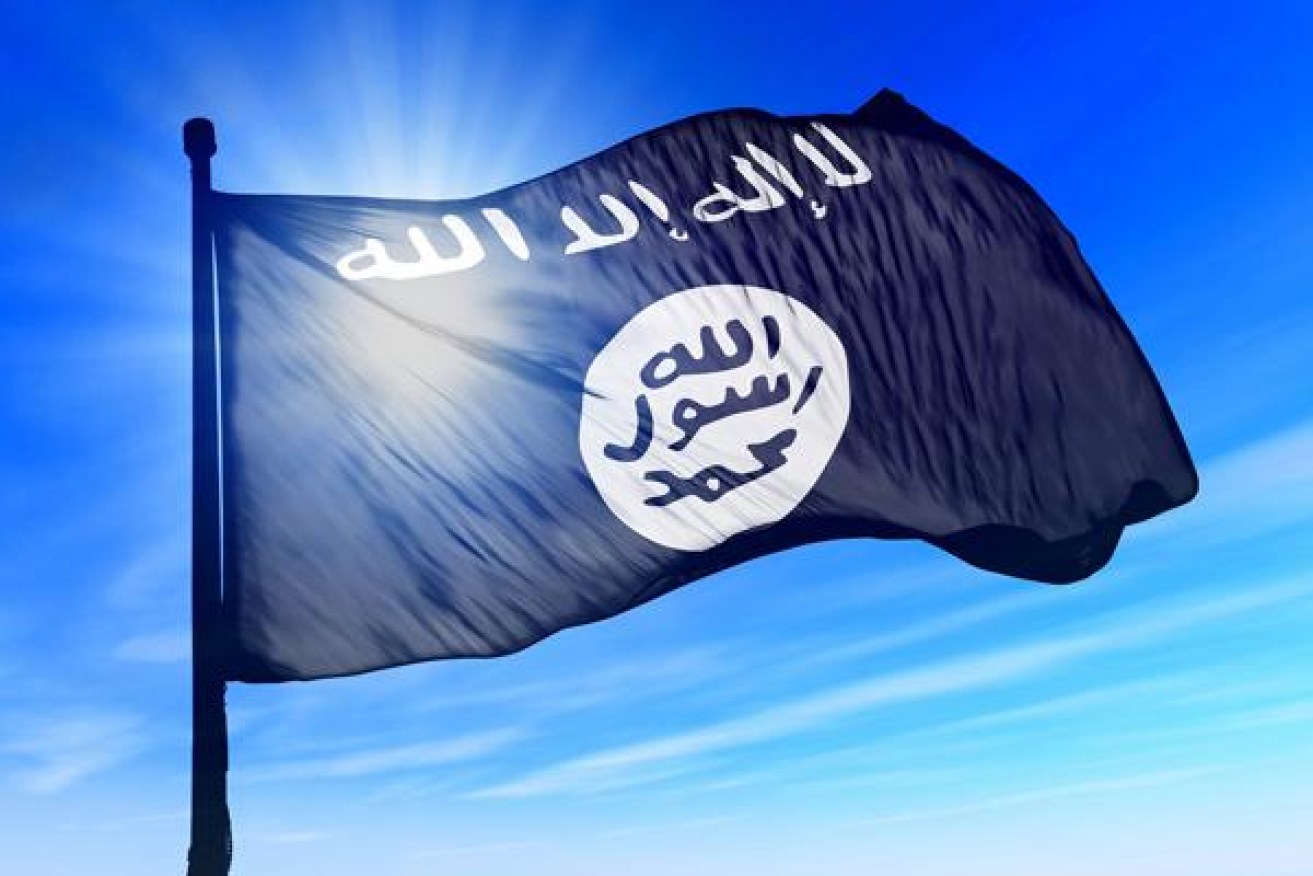Move to ban extremist flags and insignia ‘overkill’: Law Council
Criminal lawyers have warned parliament against overstepping the mark on making symbols and insignia illegal as police seek greater powers to fight extremism.

Islamic State flag waving on the wind
They have told a parliamentary committee that Islamic and Nazi “enthusiasts” should be allowed to own and display flags and insignia.
Richard Wilson SC, co-chair of the Law Council of Australia’s national criminal law committee, reminded the parliamentary inquiry into extremism that the Richardson review just two years ago urged “rigorous testing” of claims by police and intelligence agencies of gaps in the law.
“Merely symbols and insignia shouldn’t be criminalised”, Wilson told the Parliamentary Joint Committee on Intelligence and Security hearing on Friday.
He said possessing an ISIS flag or Nazi memorabilia may be an indicator the person should be looked into, but it would be very surprising if someone was planning an attack and only had in their possession an ISIS flag.
“It seems overkill,” he said.
While powers have been in place for two decades to counter the extremist Islamic threat, the federal police on Thursday identified gaps in the law they say prevents officers disrupting ultra-nationalist violence.
The police want possession and sharing of flags and insignia, along with extremist online content, to become illegal.
Wilson said there was a difference between symbols, insignia and documents or videos that were clearly manifestos or how-to manuals.
He questioned whether the mere possession of a symbol should become an offence, without any intention to commit a terrorist act.
“Proof of such connection is a deliberate safeguard which limits the scope of criminality, and associated police powers,” he said.
“Criminalisation can and does have unintended consequences, including fuelling extremism by heightening the sense of grievance and marginalisation felt by disaffected individuals, which made them susceptible to radicalisation in the first place.”
It could also impact on law-abiding friends and family members and damage trust in Australian institutions, he said.
Intelligence and law enforcement chiefs say the threat from Sunni-led extremists remains but have also warned of a growing threat from right-wing groups.
The federal government last month listed the UK-based neo-Nazi Sonnenkrieg Division as a terrorist organisation.
SKD was the first far-right organisation to join Australia’s list of banned organisations under the criminal code.
Social media giants and search engines are also under scrutiny as global hosts of extremist propaganda that can trigger real-world harm.
Google, Facebook and Twitter were due to front the inquiry later on Friday.












